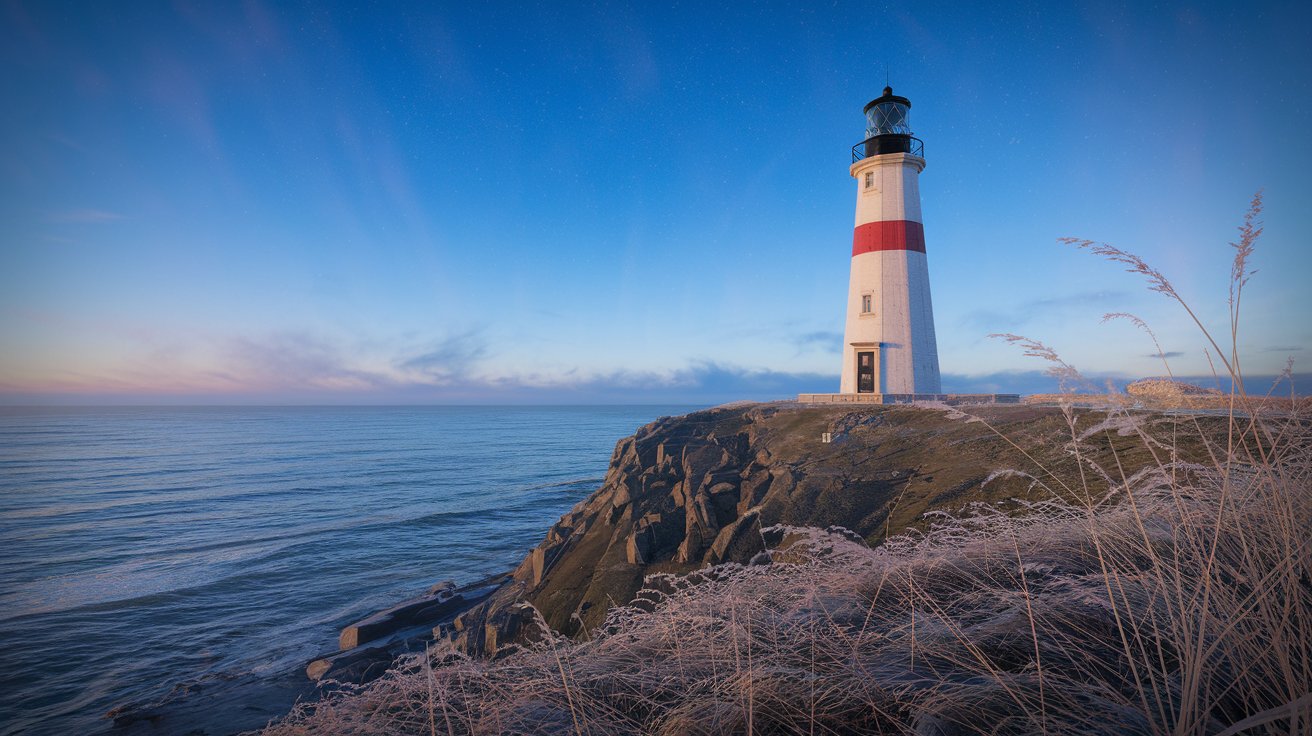From artisanal crepes to rebellious cheesecake waffles, Reading's breakfast rebels are transforming morning meals. These seven spots will revolutionize how you start your day.
Sun-Seeking Brits Eye Exotic Escapes as Winter Bites
As the UK braces for another chilly January, sun-starved Britons are setting their sights on far-flung destinations for a dose of winter warmth. Rio de Janeiro has emerged as the top choice for those looking to swap grey skies for golden beaches and carnival atmosphere. The allure of Brazil's vibrant coastal metropolis highlights a growing trend among UK travellers seeking not just sunshine, but immersive cultural experiences to brighten the post-holiday blues. This shift in travel preferences reflects a broader desire for rejuvenation and adventure in the depths of the British winter.

Top Destinations for Sun-Seeking Britons
As the UK settles into the heart of winter, many Britons are eagerly planning escapes to sunnier climes. Rio de Janeiro has emerged as the premier destination for those yearning to trade dreary skies for golden beaches and vibrant culture. The Brazilian metropolis offers an enticing blend of natural beauty, with its iconic Copacabana and Ipanema beaches, and pulsating urban energy, particularly as the city gears up for its world-famous Carnival celebrations.
Following closely behind Rio are other sought-after locales. Cape Town, South Africa, beckons with its stunning Table Mountain vistas and Mediterranean climate, perfect for outdoor enthusiasts and wine connoisseurs alike. For those seeking a shorter flight, the Canary Islands remain a perennial favourite, with Tenerife's year-round warmth and diverse landscapes drawing in British holidaymakers.
Further afield, Thailand's tropical allure continues to captivate, with Phuket offering pristine beaches and crystal-clear waters ideal for snorkelling and diving. Meanwhile, Dubai presents a unique proposition, combining guaranteed sunshine with ultra-modern luxury and desert adventures, all just a seven-hour flight from London.
Shifting Travel Trends and Their Implications
This surge in winter sun-seeking reflects a broader shift in British travel habits. Increasingly, travellers are prioritising experiences over mere relaxation, seeking destinations that offer cultural immersion alongside beach lounging. This trend towards more adventurous and diverse holiday choices could have significant implications for both the UK travel industry and destination countries.
For the British tourism sector, this winter exodus presents both challenges and opportunities. While domestic destinations may see a dip in visitors, travel agencies and airlines catering to long-haul routes stand to benefit. There's also potential for growth in niche markets, such as wellness retreats or eco-tourism, as travellers seek more meaningful experiences abroad.
Economically, this influx of British tourists can be a boon for receiving countries, particularly those in the Global South. However, it also raises questions about sustainable tourism and the need to balance economic benefits with environmental and cultural preservation. Destinations like Rio and Phuket must grapple with increased tourist numbers while maintaining their natural beauty and local way of life.
As climate change continues to impact weather patterns, the appeal of winter sun holidays may only grow stronger. This could lead to year-round demand for traditionally seasonal destinations, potentially reshaping local economies and infrastructure. It also underscores the importance of developing resilient and sustainable tourism models that can adapt to changing travel preferences and environmental conditions.
A New Dawn for Winter Travel: Opportunities and Challenges
As Britons increasingly seek sun-soaked escapes during the winter months, we're witnessing a significant shift in travel patterns that extends far beyond mere holiday preferences. This exodus to warmer climes, with Rio de Janeiro leading the charge, signals a broader transformation in how UK residents approach the colder season and their leisure time.
This trend presents a wealth of opportunities for the travel industry, from tailored packages catering to cultural immersion to the development of sustainable tourism models in popular destinations. However, it also raises important questions about the environmental impact of increased long-haul flights and the potential strain on local resources in host countries.
For the UK, this winter wanderlust could spark innovation in the domestic tourism sector, encouraging the creation of unique experiences that rival exotic destinations. Simultaneously, it challenges policymakers and industry leaders to consider how to balance the economic benefits of outbound tourism with the need to support local economies during the off-season.
As we embrace this new era of winter travel, we must ask ourselves: How can we satisfy our desire for sunshine and adventure while ensuring our journeys contribute positively to both our well-being and the global community? The answer may lie in conscious travel choices that blend the thrill of discovery with responsible tourism practices, shaping a more sustainable and enriching future for winter escapes.
